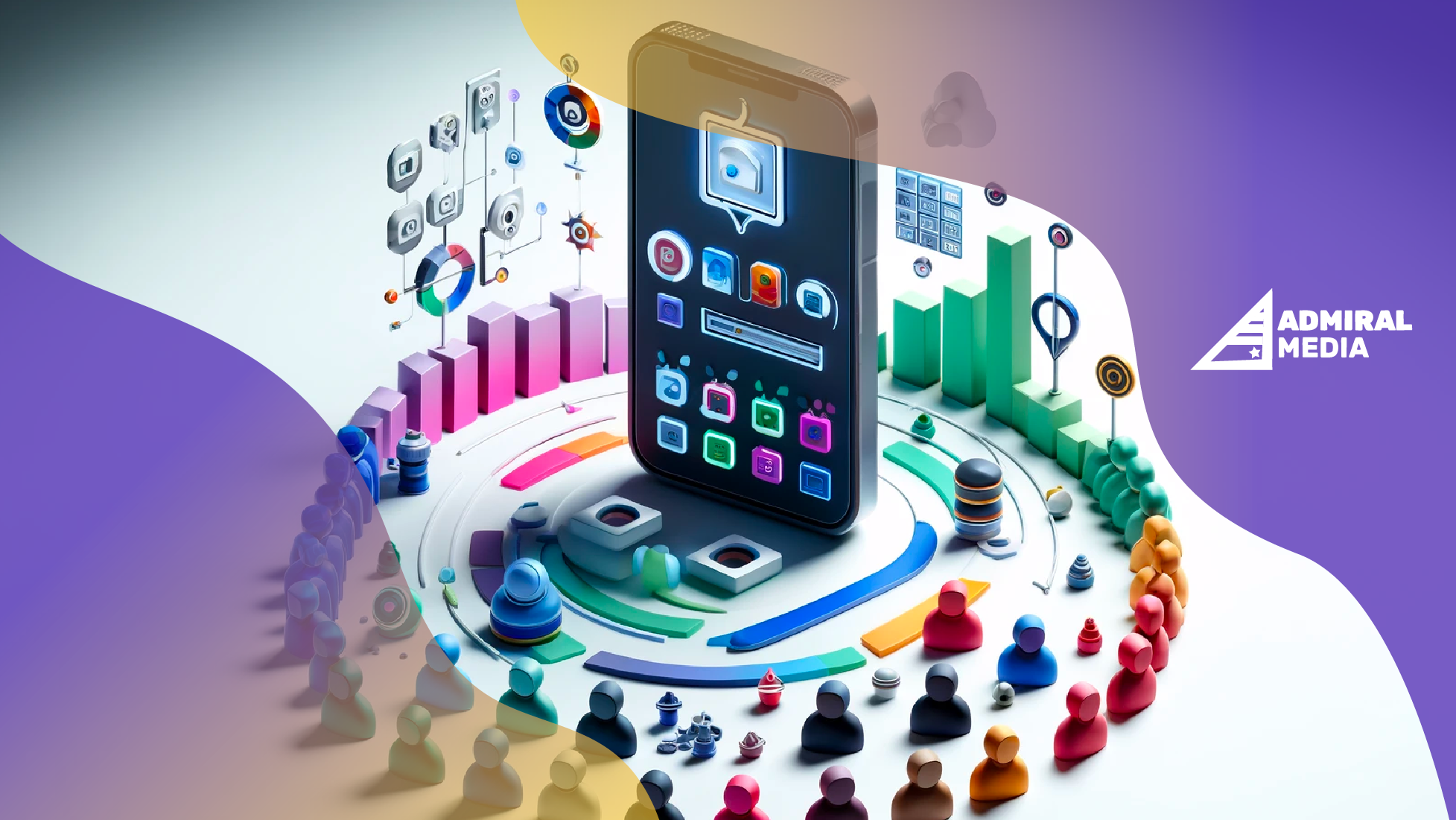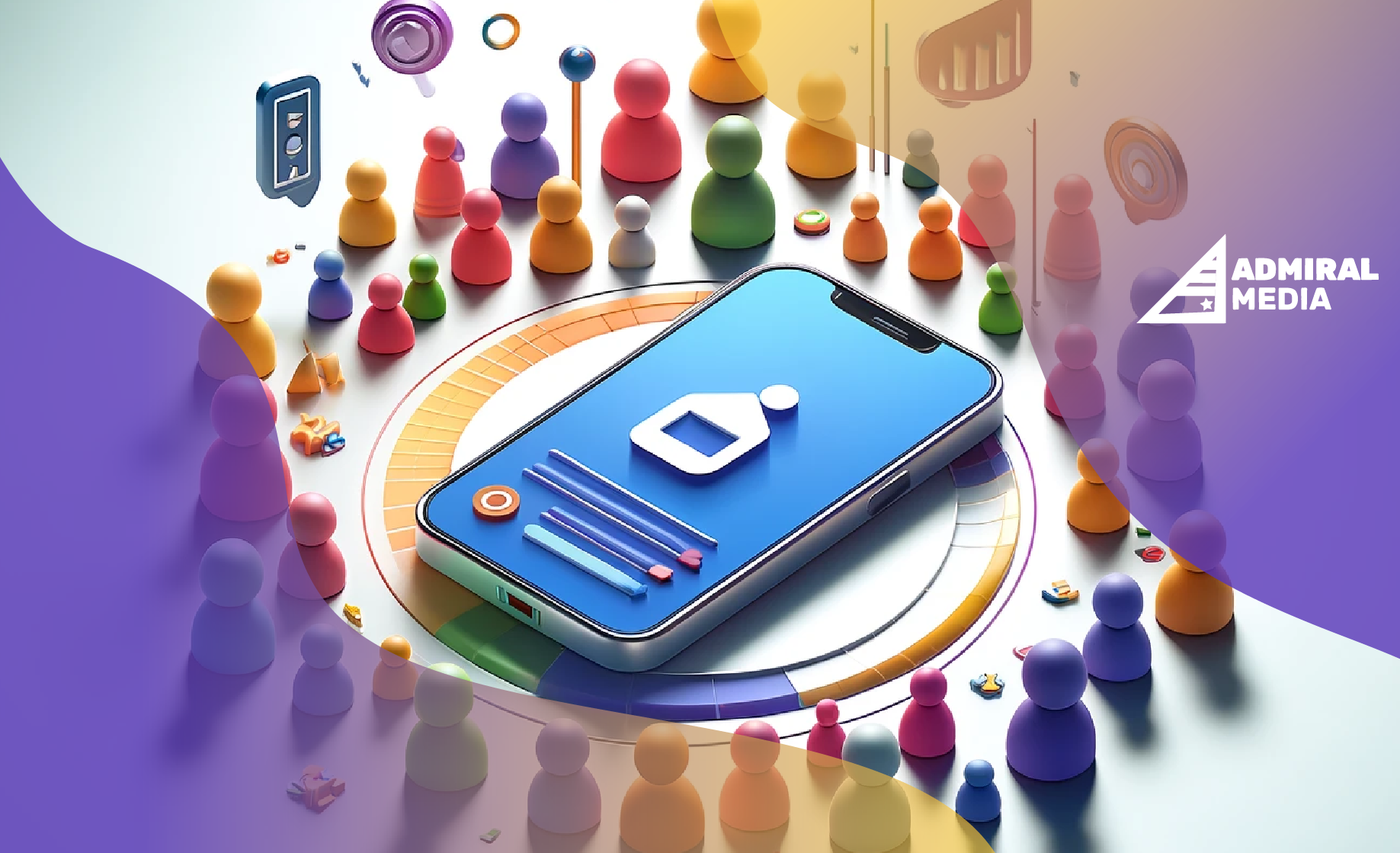Smartphones have become a huge part of our daily lives. We are now living in an age where people spent the majority of their daily lives on their phones. What is the first thing most people do when they wake up in the morning? They check their phones for any notifications they might have received, and it is also the last thing they do before going to bed. Smartphones have become integrated into every aspect of our personal lives. One of the reasons, if not the main reason, for smartphones’ success is that they enabled mobile applications, short: apps. Applications are programs that allow us to perform specific tasks easily. Nowadays, there is an application available for everything on the mobile app market. Want to order food or other stuff online? There is an app for it. Want to book a cab ride in a hurry? Mobile applications got you covered. You can find multiple apps for performing a particular task from the major app stores. For example, suppose you are looking for a music app on the Google Play Store. One quick search will provide you with hundreds of music apps to choose from. But certain apps are more successful and popular than others. What makes them stand out from the crowd? It all comes down to the quality of your app and the features it provides to its users. While designing an app, it is important to incorporate features that not only meet the demands of your customers but also enhance their experience. Your mobile app must allow your customers to achieve their intended goals as efficiently as possible. This article will detail certain features that are must-haves for successful mobile apps.
Table of Contents
Must-have mobile app features
The following are some important elements of well-designed, user-friendly, and successful mobile apps:
1. User-friendly interface
First things first, an app should have an easy-to-use and quick-responding interface. Most mobile users have a very short attention span. As an app developer, it is your job to ensure that your customer’s experience should be as seamless as possible. Make sure that your app menu is easy to understand and navigate. First impressions are really important in a market so competitive. If a user finds the interface cumbersome, they are more likely to leave a negative review and shift to one of your competitors.
2. How-To screens
Another thing to consider as an app developer is that not all of your customers are going to be adept at technology. It is your job to educate such customers regarding the ins and outs of your app. This is where the “How-To” screens come into play. The “How-To” screens serve as a guide to users and help them in understanding the various features of your app and how they can be used to their maximum potential. If a future update introduces any new features, information regarding the new features should also be added to the “How-To” screens.
3. Search options
A properly working search option is a must-have feature for any app today. Search options allow the users to quickly search and navigate to their point of interest in an app. This saves the trouble of navigating through all the menus manually. It also makes sure that less tech-savvy people can easily find what they are looking for without getting confused.
4. A user feedback system
No app is perfect the first time around. Even some of the most popular apps keep introducing new features and changes. This is why a user feedback system is highly important for the success of an app. Such systems allow you to constantly monitor the performance and public reception of your app. If users are complaining about a certain bug, introduce fixes to solve the problem. If there is an increased demand for a certain feature, add it in a future update. A feedback system is also a great way of engaging with your customers and letting them know that their feedback is being acknowledged.
5. Push notifications
Push notifications are one of the most efficient forms of customer-provider communication and are key to driving retention. They are a great way to notify customers regarding the availability of your products. They provide behavioral insights and allow marketers to implement cross-selling and upselling campaigns. Make sure that your notifications are timed and relevant. Unnecessary notifications can lead to user annoyance.
6. Battery preservation
As mentioned above, smartphones have become an important part of our daily lives. We rely on our phones for a lot of things. That is why most people will not find an app with high battery drainage very appealing. What’s the point of having great features or functions when your phone won’t even last to use them? Therefore, it is necessary to develop apps that are easy on a phone’s battery to provide the best and longest possible experience for the user.
7. App speed
Increased app speed and reduced load times are crucial for the success of an app. Majority of the mobile users have a very short attention span. If a loading screen takes way too long, then it is a very good chance that your app will be abandoned and negatively reviewed. Statistics have shown that an ideal load time of an app should be 2 seconds. Research shows that 53% of app users abandon an app if it takes more than 3 seconds to load. Thus, an app needs to have reduced load times to enhance user experience and keep them hooked for a long time.
8. Multi-platform
Another important factor in an app’s success is its availability. Limiting an app to a certain platform comes with a lot of negatives. It limits the reach and exposure that your app might have received by being on multiple platforms. If a user shifts from Android to Apple and your app is Android exclusive, they will have no option but to switch to one of your competitors. To maximize your app’s success, it should be available across both platforms.
9. App personalization
App personalization involves building an app to meet the needs of specific audiences. It aims to present user experiences that are customized to their specific needs. Although back in the day apps were usually static (offering similar experiences to everyone) apps of today are focused on delivering relevant content to their users to enhance their experience. For example, workout apps change routines depending upon the user’s progress, or music apps offer personalized playlists depending upon the type of music the user listens to. Many major brands have recognized the importance of app personalization and are providing personalized content depending upon location, demographics, and customer behavior.
10. Chat support/Callback function
Another must-have feature for any app is the presence of a chat support/callback function. Chat support and callbacks allow you to engage with your customers and provide them with technical support. They are also used for generating sales. This function must be well implemented so that your customer can reach you instantly without any inconveniences.
11. Security
Cybersecurity consideration in mobile app development is sorely needed. All apps should have security capabilities that should keep user data private and secure. This also enhances the reliability of your app in the eyes of the customers. People are most likely to stick to an app that keeps their data secure.
12. Automatic Speech Recognition
Using a mobile phone requires your hands and your fingers for holding and swiping actions. But some people might not be able to do so because of their injuries, disabilities, etc. This is why an automatic speech recognition option should be implemented in an application. Such a feature allows users to access apps without using their hands, especially if they have their hands full with other tasks.
13. Data caching
Websites, games, and apps all make use of cache files to offer a smooth experience to their users. Therefore, make sure your app caches/saves as much data on the device as possible. Some websites and apps may have content that slows down the loading time when you first visit them. Data caching saves this data, which results in faster loading on your second visit.
14. Data Collection Opt-Out
Every app should have the ability to allow users to turn off data collection. Protecting the private data of users is of utmost importance for any app. It is understandable if any user doesn’t want to share his or her data. It is also a good way of building trust between consumers and providers.
15. Scalable text
The Scalable text allows the users to experience an app in their way. Some people might find the app text too small for their liking. Text scaling allows support for different screen sizes, screen orientations, pixel densities, and font sizes. In this way, all users can adjust text according to their preferences.
Conclusion
Utmost care should be taken while designing a mobile app, as user expectations have surged over the years. That’s why user-friendly features as detailed above should be implemented at every step of the way to make the user experience as smooth and streamlined as possible. Shall you have any further doubts, don’t hesitate to reach out for more!






